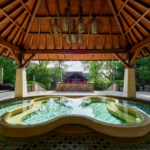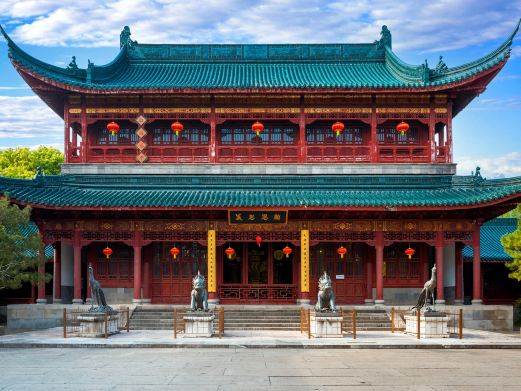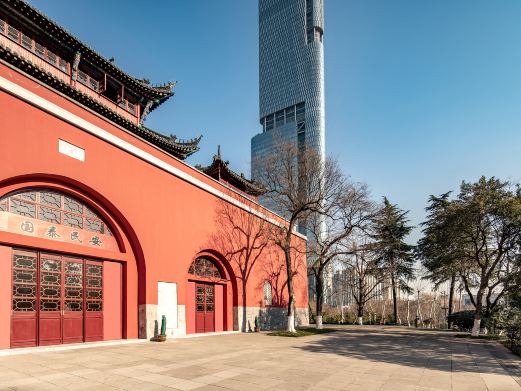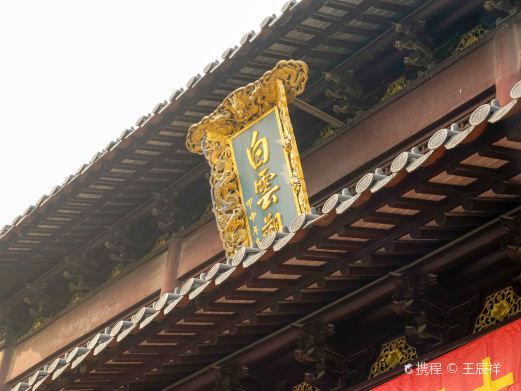Bochi Mountain Park is named after the mountain and comes to life because of the water. The mountain’s twists and turns resemble a bowl, hence the name Bochi Mountain. In the Tang Dynasty, Du Guangting’s ‘Record of Cavernous Heavens and Blessed Lands’ documented Bochi Mountain as one of the Taoist ‘Seventy-two Blessed Sites’. It is said that Prince Qiao of Zhou, a son of King Ling of Zhou, once practiced alchemy here. Prince Qiao was known for his quiet nature and love for playing the sheng, often surrounded by pleasant music. He was exceptionally intelligent, silencing the emissary of Duke Ping of Jin, Shu Yi, at the age of 15 with his wisdom. After differing political views led to a falling out with his father, he wandered between the Yi and Luo rivers, becoming a disciple of Fu Qiu Gong and studying Taoism on Mount Song for over thirty years. Upon achieving Taoist enlightenment, he chose this ‘secluded and leisurely’ Bochi Mountain to refine his elixir. As Li Bai wrote in his poem ‘Reflections on Huaiyin’: ‘Wild ducks fly from the west, arriving with a fine mood. Thinking of Prince Qiao’s shoes, tender and affectionate as the old feelings,’ he tells the story of Prince Qiao’s alchemy and ascension on Bochi Mountain. The park is open all year round, accessible 24/7.
Bochi Mountain Park
Bochi Mountain Park is named after the mountain and comes to life because of the water. The mountain[...]









